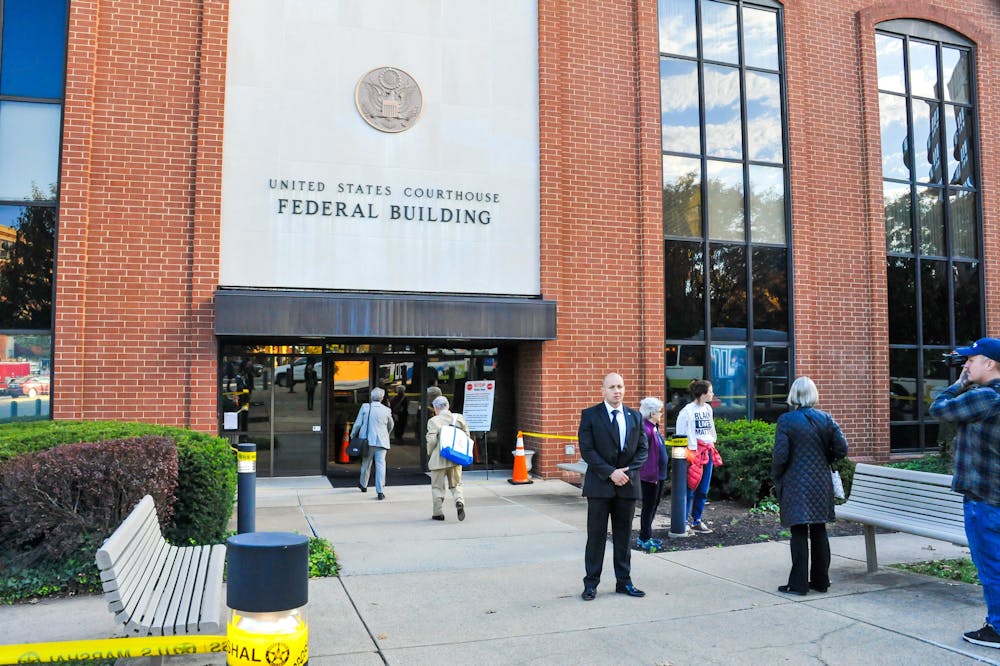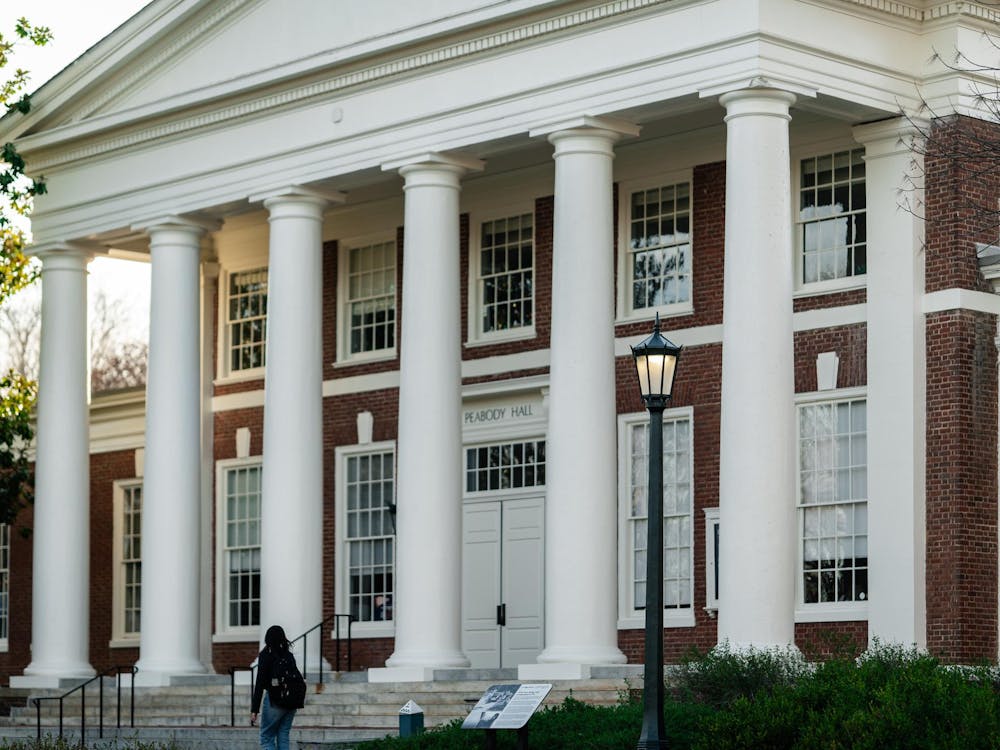Six torch-wielding men involved in the 2017 “Unite the Right” rally have been indicted, according to records that were unsealed this past spring — nearly six years after the rally took place.
All of the indicted men, who are from multiple different states, have been charged with a single count of burning an object with the intent to intimidate — a felony in the Commonwealth of Virginia that carries a maximum penalty of up to 5 years in prison.
Three cases have since been completed with the defendant pleading guilty, including Wil Zachary Smith and William Mcafee Williams, of Nocona, T.X. and Tyler Bradley Dykes of Bluffton, S.C.
Smith was sentenced in August and awaits his sentencing hearing. Both Dykes and Williams completed their sentences and have been released — Dykes was transferred to federal custody facing charges related to the Jan. 6 capitol riots. Ryan Roy of Vermont and Dallas Medina of Ravenna, O.H. have been released on bond and do not have trial dates set.
University law professor Anne Coughlin said accepting a plea deal can at times result in a less severe sentence as opposed to taking a case to trial.
“The idea is that by pleading guilty you have saved the state resources you have expressed, you know that you accept responsibility for the crime and so forth you end up with a lesser penalty,” Coughlin said.
One of the indicted men, William Henry Fears from Harris County, T.X., is set to take his case to trial in December. Fears faces additional legal charges for choking his girlfriend and has previously served time for kidnapping in his home state of Texas.
According to Coughlin, it is difficult to speculate why Fears has decided to go to trial. At this time, it is unknown whether he has been offered a plea deal. In the meantime, the process of finding a jury for Fears’s trial will begin, a process which Hingeley said will be challenging because the jurors need to be unbiased and have little to no pre-trial knowledge.
The Commonwealth Attorney of Albemarle County at that time, Robert Tracci, decided not to prosecute the marchers. Jim Hingeley, the current Commonwealth Attorney for Albemarle County, who assumed the position in 2019, made a campaign promise to seek justice for the victims of the torch march and prosecute those responsible.
“I wanted it to be prosecuted, I wanted the people who committed these crimes and caused this harm to our community to be held accountable,” Hingeley said. “So, I took it on after I became the prosecutor and I carried out the work that I had wished had been done long before by my predecessor.”
Coughlin said that the six year legal delay between the march and the indictments was the result of one important factor — whether the actions of the torch mob crossed the line between free speech and physical conduct. Authorities could only begin prosecuting the individuals involved in the march once they determined that participants were physical to the point at which they acted outside of their constitutional rights to free speech.
The “Unite the Right” rally began Aug. 12 after white nationalists and their various supporters gathered from around the country to protest the removal of a statue of Confederate General Robert E. Lee. The protesters were met with counter-protesters, resulting in 19 injuries and the death of Charlottesville resident Heather Heyer.
The night before the rally, white nationalists walked through Grounds with torches, chanting racist remarks. The group was also met with counter-protestors and at one point in the night, the mob began to assault the counter-protestors.
Local Charlottesville lawyer Liz Sines was able to get a vantage point at the Rotunda and record the events of Aug. 11. She said the march was one of the most intimidating things she had ever seen, recalling that she could hear the group before seeing them.
“It just felt important to be there to witness something like this and to let other people know that it was going on,” Sines said. “So we recorded for as long as we could and just kind of talked about what we could do at that moment.”
At this time, it is unclear whether there will be prosecutions for additional individuals who were involved with the march, but there is no statute of limitations on felonies in Virginia.
CORRECTION: A previous version of this article misstated certain arrest and plea charges for some of the indicted men. These errors have been updated.







